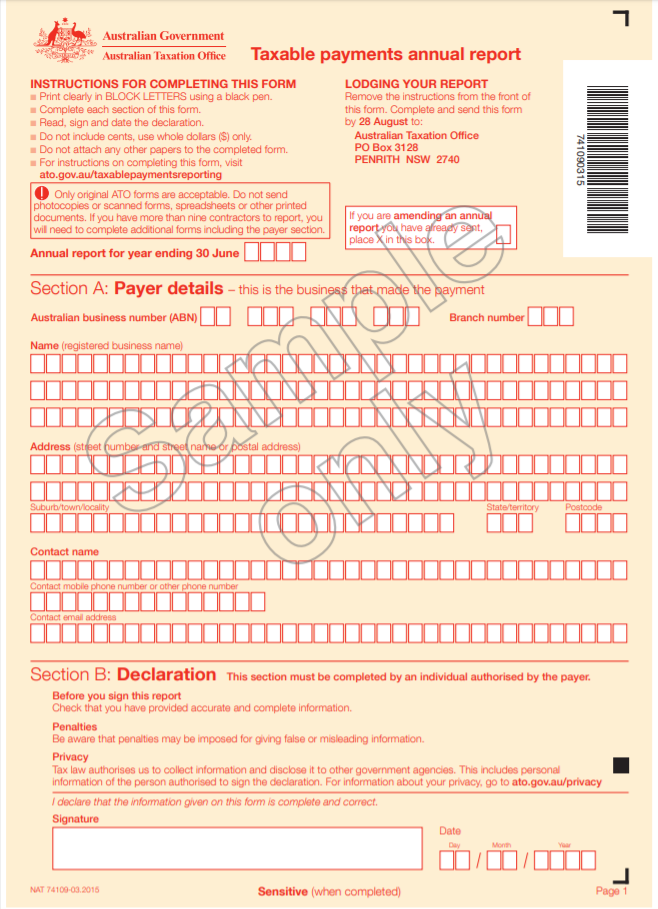Pension
An SMSF is strictly prohibited from making loans to members or providing financial assistance to members or their relatives under section 65 of the SIS Act. If a loan to a member exists on the SMSF’s books, this is a compliance breach. Even if the member later meets a condition of release (such as retirement or commencing a pension), simply offsetting or writing off the loan balance against a pension withdrawal does not rectify the original breach. The loan must be repaid to the fund before any benefits can be paid out as a pension or lump sum. Otherwise, the SMSF remains in breach, and the ATO may impose significant penalties, including administrative penalties, potential loss of complying fund status, and trustee disqualification. Auditors are required to report such breaches, and the ATO expects rectification, typically by repayment of the loan to the fund, not by offsetting against a benefit payment.
Why It Cannot Be Treated as a Pension Withdrawal
- Loan Adjustment as Debt Forgiveness: Offsetting the loan against a pension payment effectively forgives or releases the member from repaying the debt. This uses SMSF assets to provide a personal benefit to the member, which is not a legitimate pension payment.
- Pension withdrawals must be made in cash or a cash equivalent (such as a bank transfer), and payments must follow strict standards. not by reducing a fund asset like a loan receivable. The adjustment would not count as a valid withdrawal, potentially causing the pension to fail compliance tests (e.g., minimum annual payments), leading to loss of tax exemptions.
Lumpsum
A loan to a member from a superannuation fund cannot simply be “adjusted” and treated as a lump sum withdrawal. Under superannuation law, benefit payments (including lump sum withdrawals) must comply with strict conditions of release and payment standards. However, it is possible for a lump sum benefit to be paid “in specie” (i.e., by transferring assets rather than cash). Importantly, the SIS Act prohibits loans to members, and any outstanding loan would generally need to be repaid before a benefit is paid. Simply reclassifying a loan as a lump sum withdrawal is not compliant with superannuation law. Any in specie payment must be a genuine benefit payment that reduces the member’s interest in the fund, not a recharacterization of a loan
Not a Valid In-Specie Withdrawal: In-specie means transferring an asset “in kind” without selling it to cash, where the SMSF transfers ownership to the member, and the member’s super balance is reduced by the asset’s market value. However:
- A loan to a member is a receivable (a right to repayment), not a transferable asset like property or shares. “Adjusting” it by forgiveness or offset extinguishes the fund’s asset without providing equivalent value back to the member’s super interest—it’s effectively a gift or release of obligation.
- This does not meet the definition of an in-specie payment under super laws, as it doesn’t transfer ownership of an asset; it waives a debt. The ATO explicitly views debt forgiveness as financial assistance, not a benefit payment.
Breaches Involved
The prohibitions are enshrined in the Superannuation Industry (Supervision) Act 1993 (SISA) and related regulations. There are no provisions allowing this adjustment—it’s explicitly a breach. Key references include:
| Regulation/Ruling | Relevant Section | Summary of Application |
| SISA s 65(1)(a) | Prohibits lending money or other financial assistance to a member of the fund or a relative. | The initial loan to the member breaches this; no exceptions for pension phase. |
| SISA s 65(1)(b) | Prohibits providing financial assistance to a member or relative (includes forgiving debts or releasing obligations). | Adjusting/forgiving the loan balance breaches this, as it provides a benefit outside super rules. SMSFR 2008/1 clarifies examples like debt forgiveness. |
| SISA s 62 | Sole purpose test: SMSF must be maintained solely for providing retirement benefits. | Breach if loan adjustment serves personal purposes. |
| Superannuation Industry (Supervision) Regulations 1994 (SISR) Part 6 (e.g., reg 6.01–6.21) | Governs payment standards for income streams (pensions), including minimum drawdowns (reg 1.06) and cashing restrictions. | Offset does not comply as a valid payment; pension may fail standards, triggering cessation (reg 1.06(9A)). |
| Income Tax Assessment Act 1997 (ITAA 1997) s 295-550 | Non-arm’s length income rules. | Loan forgiveness treated as NALI, taxing the fund at 47%. |
| SMSFR 2008/1 (ATO Ruling) | Defines “financial assistance” under s 65(1)(b), including debt forgiveness, delayed recovery, or inconsistent enforcement of loans. | Directly applies: Offset is financial assistance, not a pension withdrawal. No updates as of 2025. |
| TR 2010/1 (ATO Taxation Ruling) | Debt forgiveness as a contribution to the SMSF. | Forgiveness increases fund capital but breaches s 65 if to a member. |




